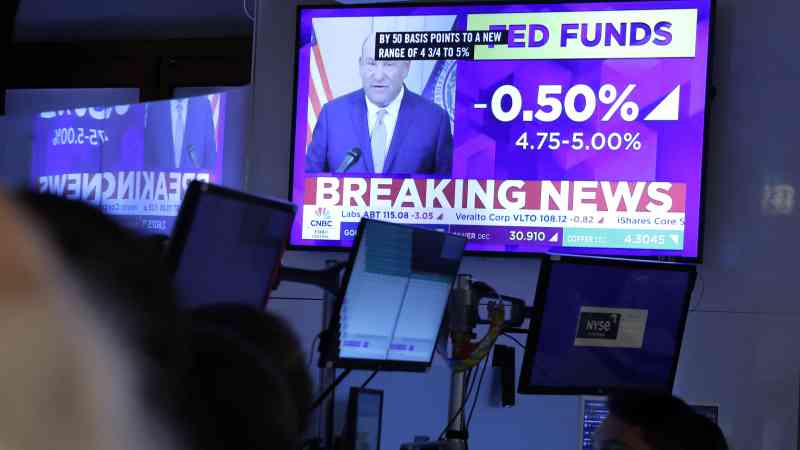The pound is on course to reach its highest level since 2021 against the US dollar thanks to the UK economy’s gathering momentum in growth and the Bank of England gradually lowering interest rates, Goldman Sachs has predicted.
The US investment bank forecast that the pound will hit $1.40 in a year’s time, up from its previous projection of $1.32 and its current level of $1.33.
Goldman said that the pound would be one of the best performers against the greenback over the next year, with the euro climbing to $1.15 from $1.11 over the same period.
The investment bank has consistently set out a positive case for the pound since the start of the year and has frequently lifted its forecasts for the currency.
Goldman explained that the pound is likely to be strengthened by a “patient” lowering of interest rates by the Bank of England compared with other central banks. Last week, the Bank of England’s monetary policy committee elected to hold borrowing costs at 5 per cent, while the US Federal Reserve cut its main interest rate by 50 basis points to a range of 4.75 per cent to 5 per cent.
Higher interest rates tend to raise appetite for a currency by increasing returns on fixed income assets, such as bonds, denominated in that unit.
“Solid growth momentum” would also drive the pound’s gains, analysts at Goldman said in a note to clients, adding that a robust US economy could increase demand for riskier assets such as sterling.
Less volatility over tax and spending decisions under the Labour government could also help stabilise the pound, which hit a record low against the US dollar in the aftermath of Liz Truss’s mini-budget in September 2022.
In the first speech at a Labour Party conference by a sitting chancellor for 15 years, Rachel Reeves said that the government would not oversee a return to austerity. She also insisted that her first budget on October 30 would be one of “real ambition”.
Reeves said that the economy requires an “active government” that works in partnership with the private sector to revive investment and support public services.
Labour has made boosting GDP its central priority due to growth having slowed sharply since the 2008 financial crisis. Increased growth should, in theory, lift the pound against comparable currencies by making the UK a fruitful investment destination.
However, the chancellor said that she would “not duck” tough decisions in order to stabilise the public finances. Labour claims to have inherited a £22 billion fiscal deficit from the Conservatives that is likely to require a combination of tax rises and spending cuts at the budget to eradicate.
